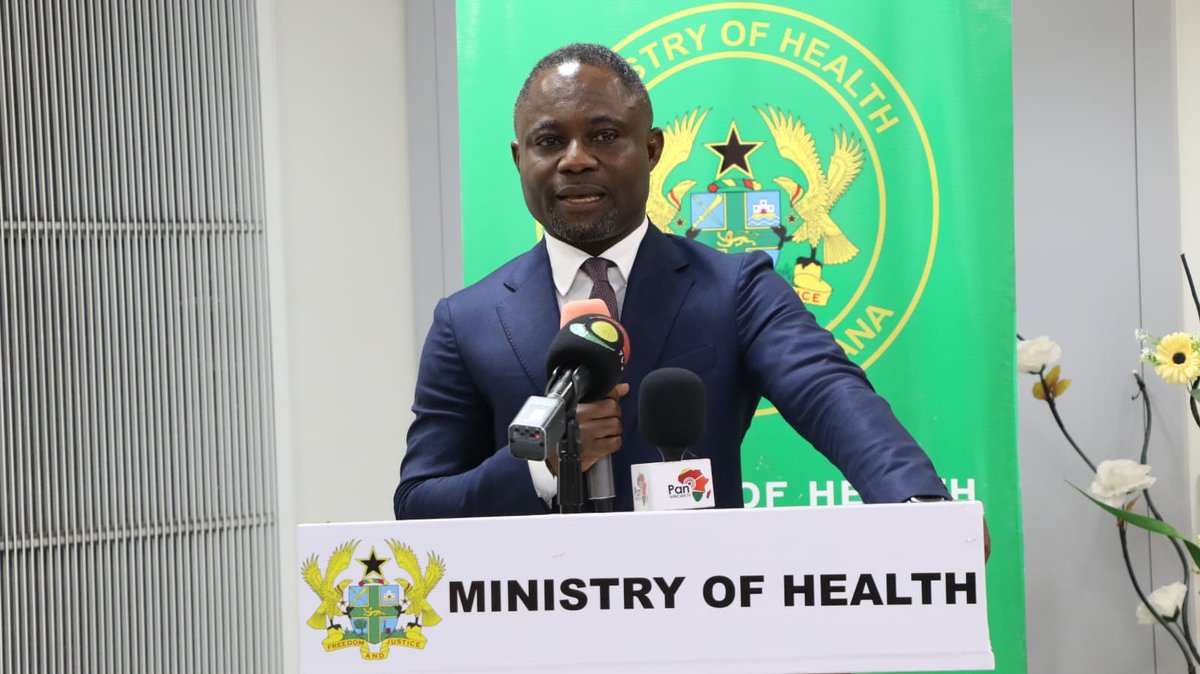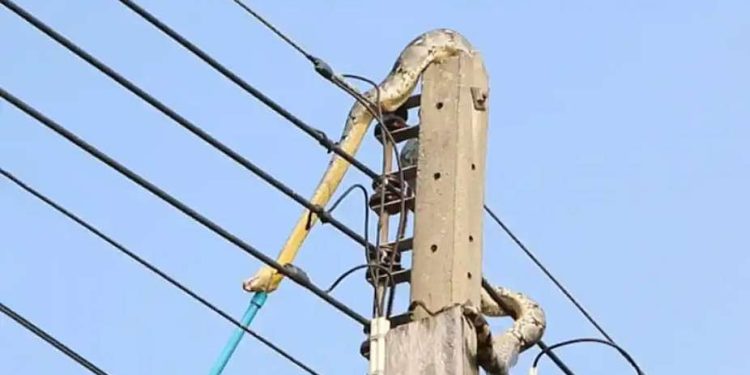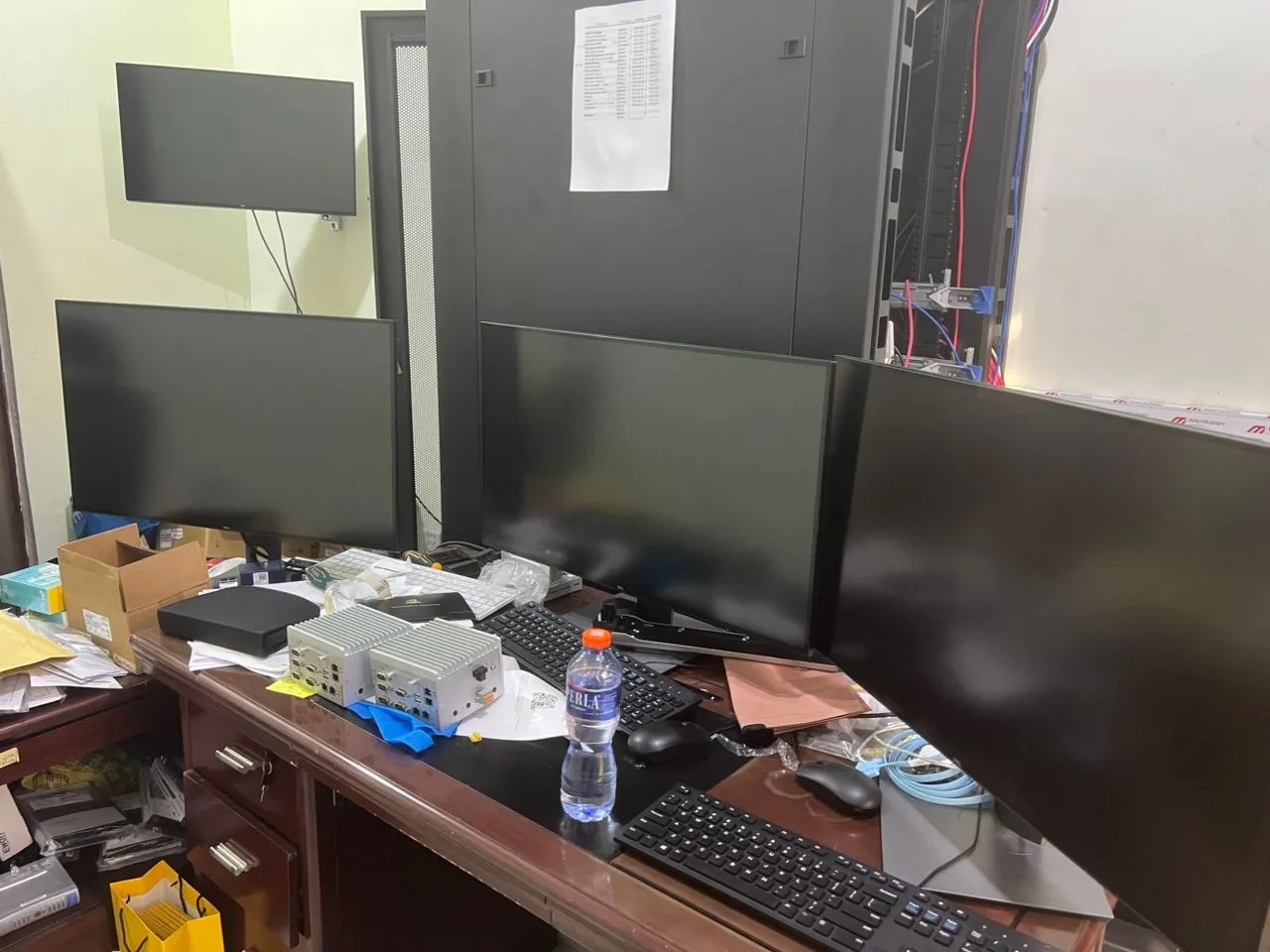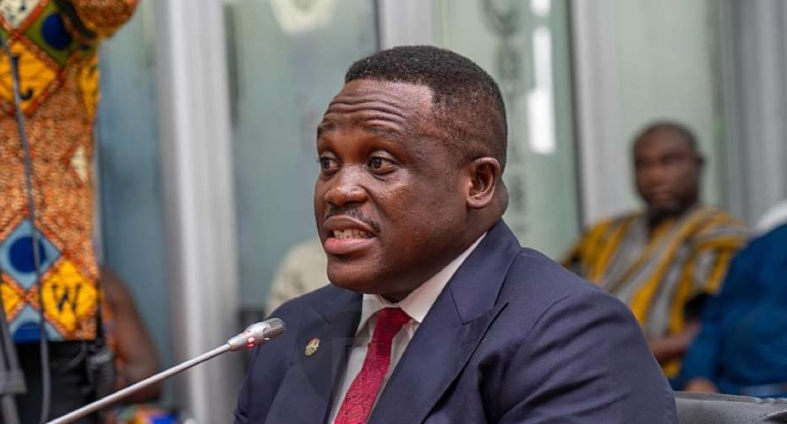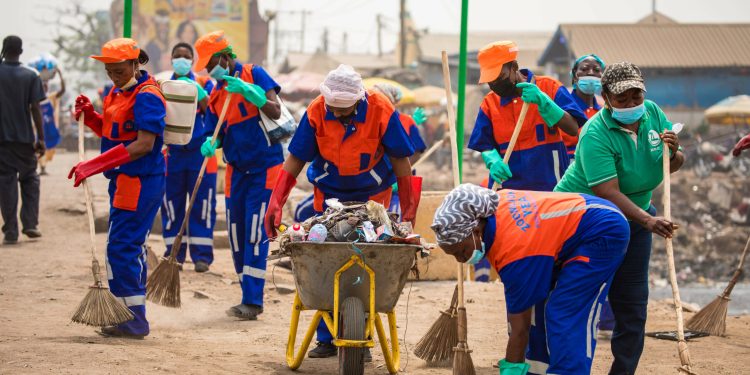Ghana’s Minister of Health, Kwabena Mintah Akandoh, has appealed for calm as the nationwide strike by nurses and midwives stretches into its second week, saying the government is committed to continued dialogue, but warned that meeting their demands now could severely hurt the economy.
At a joint press briefing with the Ministry of Finance at Jubilee House on Tuesday, Mr Akandoh acknowledged the legitimacy of the concerns raised by the Ghana Registered Nurses and Midwives Association (GRNMA), but pointed to a critical problem, their requested conditions of service were not included in the 2025 national budget.
“We fully understand the frustrations of our nurses and midwives,” the Health Minister said. “But implementing their demands immdiately, without budgetary allocation, would destabilise the economy and undo the fiscal progress we’ve worked hard to achieve.”
The strike, which began last week, stems from delays in implementing a Conditions of Service agreement that was signed in May 2024 and originally set to take effect in July 2024. However, internal disagreements within the profession led to a legal injunction, which stalled progress until the case was resolved in January, coinciding with a change in government.
Mr Akandoh revealed that prior to the budget presentation, GRNMA had engaged with the Health Ministry and were assured their concerns would be addressed. That promise, they say, was not honoured, prompting the current action.
The Minister insisted the government is not turning a blind eye to their grievances but stressed the need for a measured approach.
“Government wishes to stress its readiness to further engage, with the view to implementing the conditions of service in a manner that does not dislocate the national economy,” he said.
He reiterated that unplanned expenditure could lead to the kind of economic slippages that contributed to previous periods of instability.
The Ministry of Finance echoed this sentiment, urging all parties to return to the negotiating table to find a sustainable path forward.
Meanwhile, healthcare services across the country continue to face disruptions, with patients and hospital administrators grappling with the fallout. Many public health facilities are operating on skeleton staff, and emergency cases are being prioritised.
